
What is it that distinguishes an individual or group and sets them apart from all the rest?
I’ve had the privilege of working with such folks from time to time through my life. In the late 80s-early 90s, it was a group of nurses in Kingsport, Tennessee. We had moved there as young marrieds after Dave finished his Ph.D. for him to start work as a research chemist at Tennessee Eastman Chemical Company. I left my job as professor in the nursing program at Yale University to find my way into a tight medical community. People were kind, but it would take awhile for me to prove that I had something to offer.
The nurses on 3rd Floor Wilcox Hall of Holston Valley Hospital, in those days, were a rare collection of capable and caring women. We all know the adage about working smarter, not harder. They worked both smart and hard. I was honored just to help in whatever way I could as they shouldered heavy patient loads with stressed families to care for as well.
They were funny, scrappy, no-nonsense, determined, and loving. It’s been almost 30 years since our days together, but I will never forget them (and others of whom I don’t have pictures).

Just this weekend, I was on a long, refreshing phone conversation with Kay Mitchell. She, Kathy Visneski, and I worked closely together during those W-3 days. Kay was nurse manager, Kathy a nurse educator, and I was clinical nurse specialist. We dreamed, planned, and executed programming, support, and training for some of the best nurses we would ever know.
Kathy and I led a support group for cancer survivors and their families. Part of its success was the trust these folks had in the care they received during the times when the cancer was new and raw, and for some, when it would finally take them. The W-3 nurses would be wholly there for them in every season.


Love Your Neighbor – Cancer Support – How It’s Done Well – Deb Mills
In our phone call, Kay told me a story. A few months back she had a knee replacement surgery. Years of nursing, like with many professions, are hard on our knees. As she was “ambulated” – being walked in the hall shortly after surgery, she was in the company of nursing friends who’d come to see her. Friends from the era we shared. Like Kay, they had gotten older (it is odd how we get older but still, with each other, feel the full vigor of life shared in the workplace). It must have been a sight, this nurse “patient” and her friends filling the hall, walking slowly together, in conversation and encouragement. A physical therapist observing them captured the scene with the word, “Hall-of-Famers”. These women who were known and, as it should be, revered.




So how do people become “hall-of-famers”? What made these women…and other men and women like them…notable? Remembered with tremendous fondness and honor.
Here’s what I think. It was their servant leadership. Whether staff nurses or nurse managers, they led with excellence and a serving heart.
The phrase “servant leadership” is not new, but it is more than just a prescriptive or descriptive style of leading. Such a leader, as described by Collins and Collins, is “‘compelled by an unshakeable desire to serve’. Leaders who lack that core belief are not servant leaders but rather using servant leadership practices among the many in their toolkits. Notice we are not describing a servant but a servant leader. Servants generally don’t have a choice, but a servant leader, through humility, chooses to put others first…Leaders who do this well focus on where they can bring the most value to others…When we see someone step up in a difficult situation despite the probability of failure and commit themselves wholly because it is the right thing to do, we are more likely to join with them for the long journey. The unconditional nature of serving may be the most defining quality”..of these women.


Hall-of-famers. Steadfast. Hard-working. Resilient. Intelligent. Caring. Full of life and love.
Who are the hall-of-famers in your life? Maybe you share your workload with some of these wonders. Please comment, if you’d like, about your experience with hall-of-famers. Maybe you are one…or on your way to becoming one. Thank you.




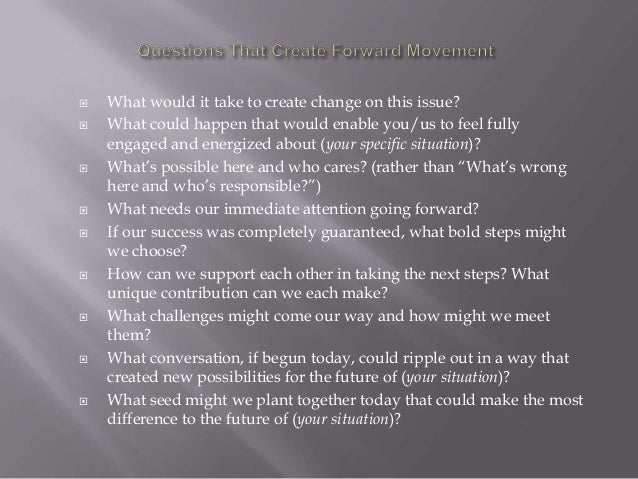 Photo Credit:
Photo Credit: 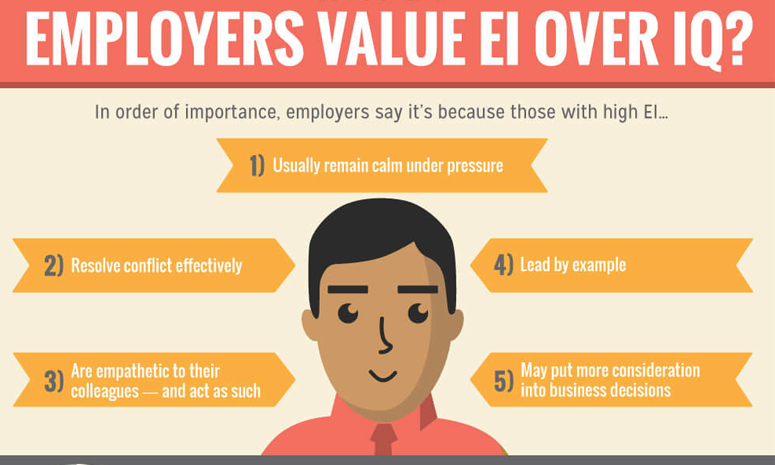
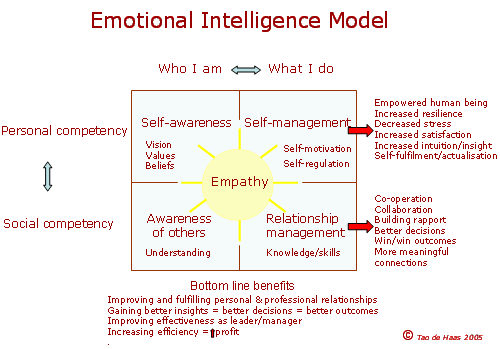


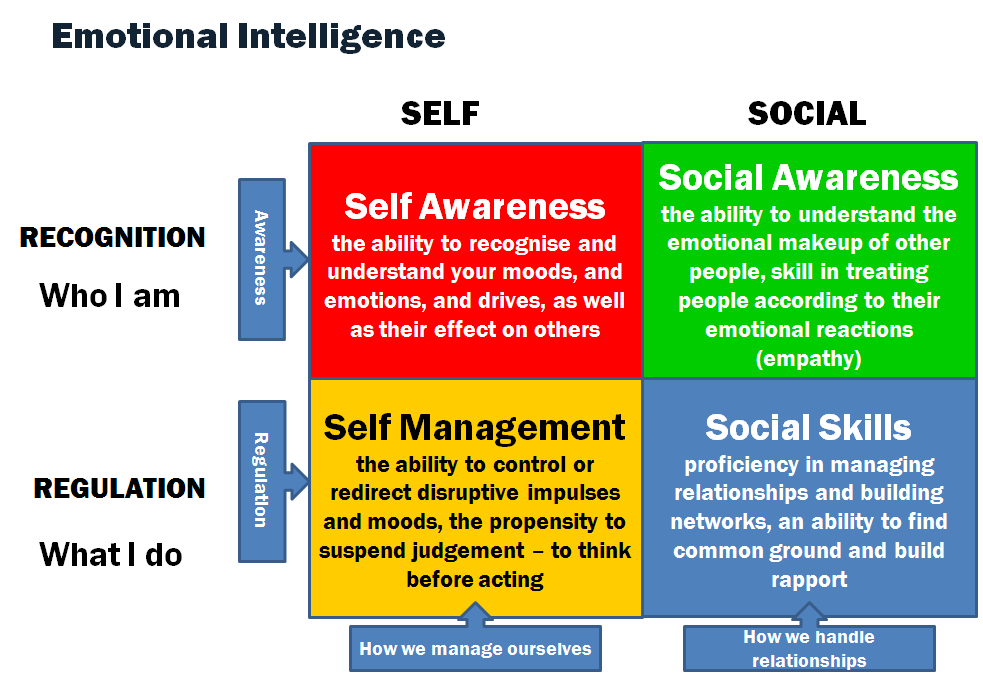




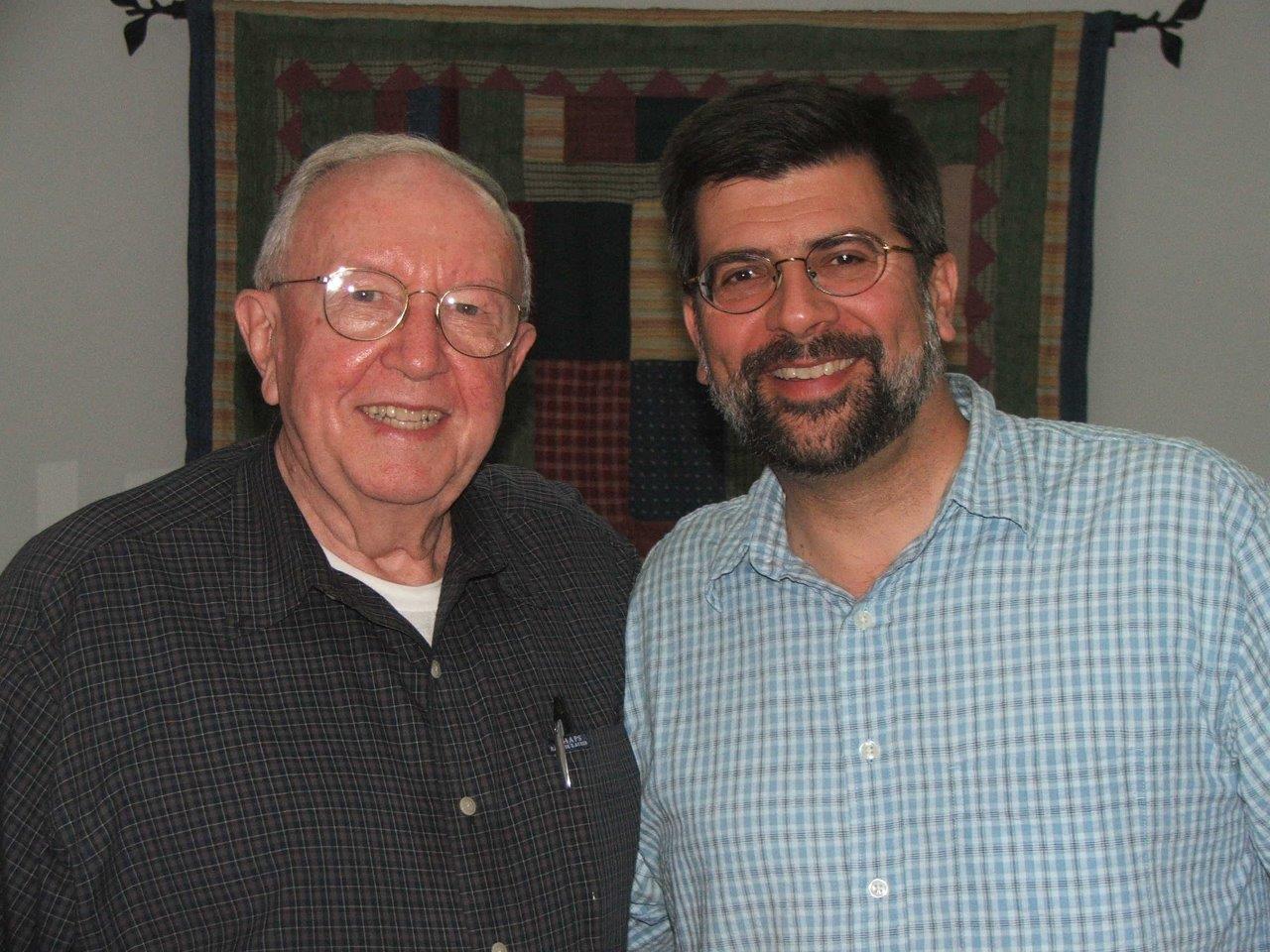










 Photo Credit:
Photo Credit: 



